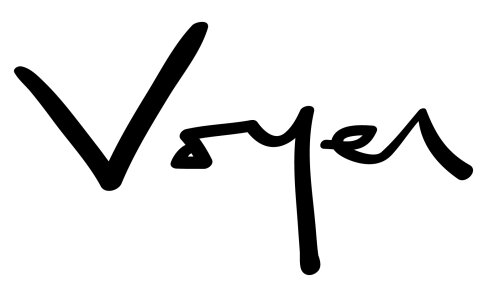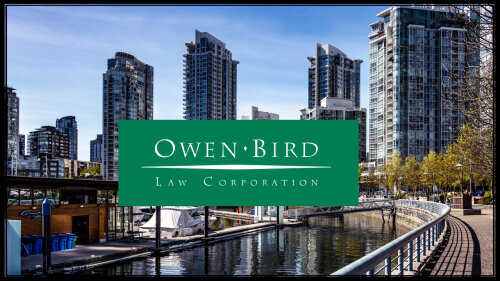Best Pension Lawyers in Vancouver
Share your needs with us, get contacted by law firms.
Free. Takes 2 min.
List of the best lawyers in Vancouver, Canada
About Pension Law in Vancouver, Canada
In Vancouver, Canada, pension law revolves around the management, distribution and regulation of private and public pension plans. These laws are enforced at both the provincial and federal levels. The main purpose is to protect the rights of the employees and ensure that they receive the benefits they are entitled to upon retirement. The superintendent of Pensions, a body under the Ministry of Finance, governs the administration of pension plans in British Columbia, including Vancouver.
Why You May Need a Lawyer
Understanding the complex nature of pension laws can be challenging. You may require a lawyer during the formation of pension plans, when making claims from your pension, when disputing a decision regarding your pension, or if you want to understand more about the laws governing your pension. Legal advice can also be valuable if you feel you've been unfairly treated, if you're navigating pension division in a divorce, or if there is a dispute over survivor benefits.
Local Laws Overview
The Pensions Benefits Standards Act (PBSA) governs most pensions in Vancouver, Canada. The PBSA regulates how a pension plan must be funded and ensures that the promised benefits are available when due. It covers the establishment, administration, and termination of pension plans. In addition, in case of marriage breakdown, the Family Law Act is used to divide pension benefits between spouses. In the event of an employer’s bankruptcy, an employee's pension rights are protected by the Wage Earner Protection Program Act.
Frequently Asked Questions
What kind of pension plans exists in Vancouver, Canada?
There are primarily two types of pension plans: Defined Benefit Plans and Defined Contribution Plans. Defined Benefit Plans promise a specific monthly benefit at retirement, while Defined Contribution Plans do not promise a specific amount of benefits at retirement.
What happens to my pension when I leave my job?
If you leave your job, certain privileges follow with the type of pension plan you have. You may have the right to transfer the pension to another plan, leave it in the original plan, or convert it to an annuity.
What are spousal rights to a pension after a divorce?
Under the Family Law Act, a spouse has the rights to the pension earned by the other spouse during the length of the marriage. The pension can be divided equally between spouses upon a marriage breakdown.
Is my pension protected if my employer declares bankruptcy?
Yes, the Wage Earner Protection Program Act secures the rights and protects the pension of an employee if the employer becomes bankrupt.
When can I start receiving my pension benefits?
Usually, pension plans start making payments at the age of 65. However, depending on your pension plan, payments may start as early as 55 or as late as 70.
Additional Resources
For further information and guidance on Vancouver's pension law, see the websites for the Financial Consumer Agency of Canada, the Ministry of Finance (British Columbia), and Canada Pension Plan. Also, you might find resources from the Vancouver Public Library to be helpful.
Next Steps
If you require legal assistance on pension-related matters in Vancouver, consider consulting with a lawyer who specializes in pension law. They can guide you through your rights, help you understand the complexities of pension law, and support you in any potential disputes or necessary negotiations.
Lawzana helps you find the best lawyers and law firms in Vancouver through a curated and pre-screened list of qualified legal professionals. Our platform offers rankings and detailed profiles of attorneys and law firms, allowing you to compare based on practice areas, including Pension, experience, and client feedback.
Each profile includes a description of the firm's areas of practice, client reviews, team members and partners, year of establishment, spoken languages, office locations, contact information, social media presence, and any published articles or resources. Most firms on our platform speak English and are experienced in both local and international legal matters.
Get a quote from top-rated law firms in Vancouver, Canada — quickly, securely, and without unnecessary hassle.
Disclaimer:
The information provided on this page is for general informational purposes only and does not constitute legal advice. While we strive to ensure the accuracy and relevance of the content, legal information may change over time, and interpretations of the law can vary. You should always consult with a qualified legal professional for advice specific to your situation.
We disclaim all liability for actions taken or not taken based on the content of this page. If you believe any information is incorrect or outdated, please contact us, and we will review and update it where appropriate.












